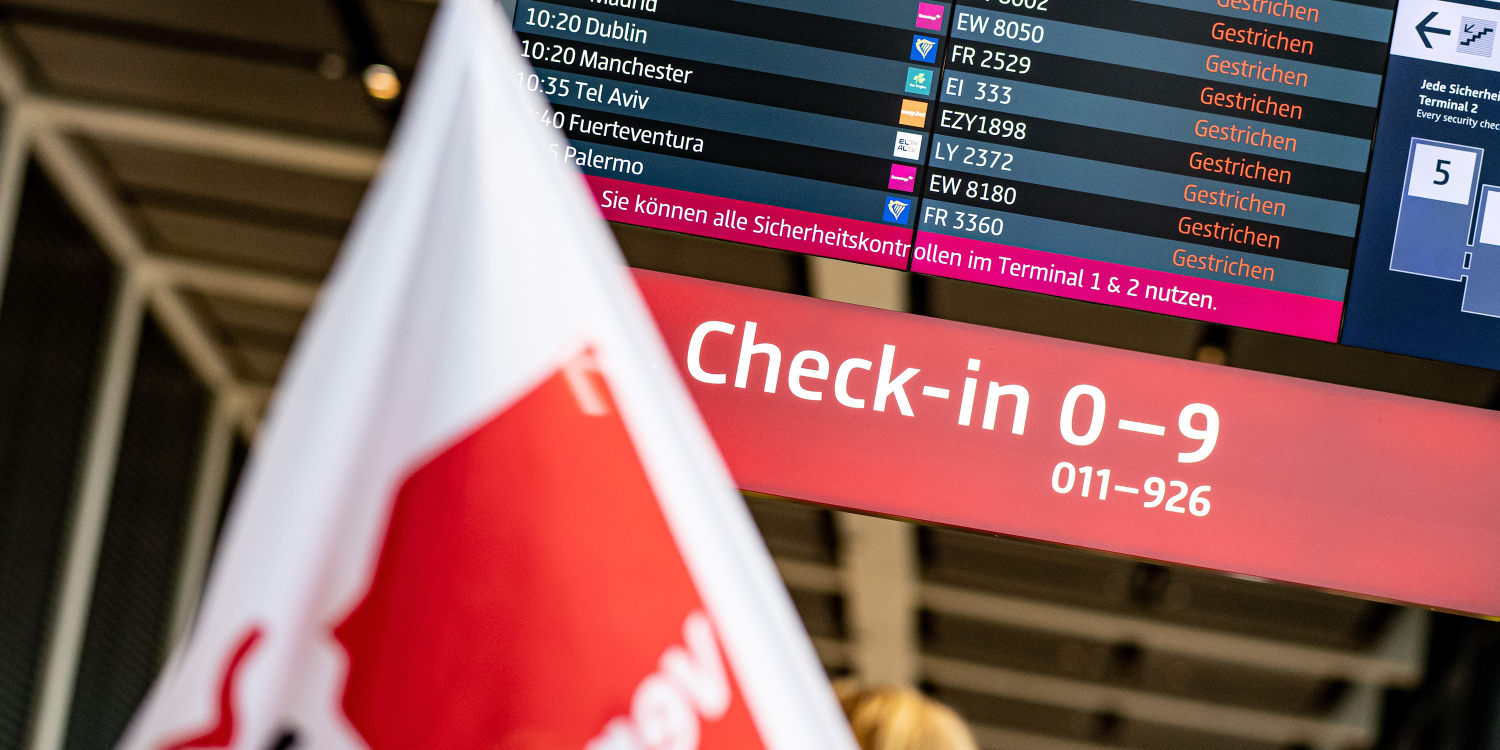Joe Biden’s whirlwind stay in Ottawa on March 23 and 24 is the first official visit by an American president to Canada since that of Barack Obama in 2009. Former White House tenant Donald Trump, whose relations with the Canadian Prime Minister, Justin Trudeau, were notoriously tumultuous, had only jumped there as part of a G7 summit in Charlevoix (Quebec) in 2018.
“The United States is Canada’s best friend and best ally”assured Justin Trudeau by receiving the American president on Friday in the hall of honor of the Canadian Parliament. “We sometimes have disagreements, but there is no fundamental difference in the democratic values that we have in common”, added Joe Biden.
A sign of the renewed cordiality between the two countries, this visit notably enabled the settlement of a case that had been pending for several years, that of irregular immigration at their common border.
In his speech to the House of Commons in Ottawa, the US President confirmed that the two countries would “working together to discourage illegal crossings”, welcoming Canada’s commitment to regularly welcoming 15,000 migrants from across the Americas. This agreement was supposed to enter into force the very evening of its announcement, that is to say on March 24 at midnight.
‘Unbearable pressure’
Since the end of the Covid-19 pandemic and the reopening of the immense Canadian-American border, Canada has faced an influx of migrants, mainly from Haiti, Colombia, Venezuela and even Pakistan, who bypass the official entry points between the two countries. Passing mainly by the “Roxham Road”, a crossing point located between the State of New York (United States) and the Quebec village of Saint-Bernard-de-Lacolle, about sixty kilometers from Montreal (Quebec) , these migrants escaped the Agreement on safe third countries signed between the two neighbors in 2002, which requires them to file an asylum application at the border post of the first safe country where they set foot.
This “irregular” but not illegal gateway saw nearly 40,000 people pass through in 2022, attracted by the promise of more flexible regularization in Canada than in the United States. Pressed by the Quebec government, which denounced a “unbearable pressure” on its reception facilities, Ottawa was keen to see Washington help it resolve this situation.
You have 62.44% of this article left to read. The following is for subscribers only.


